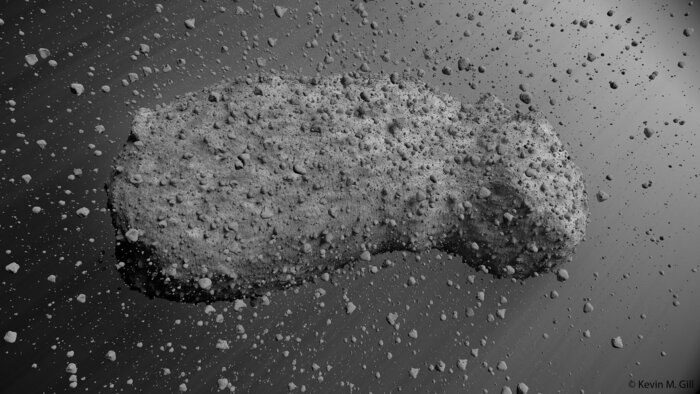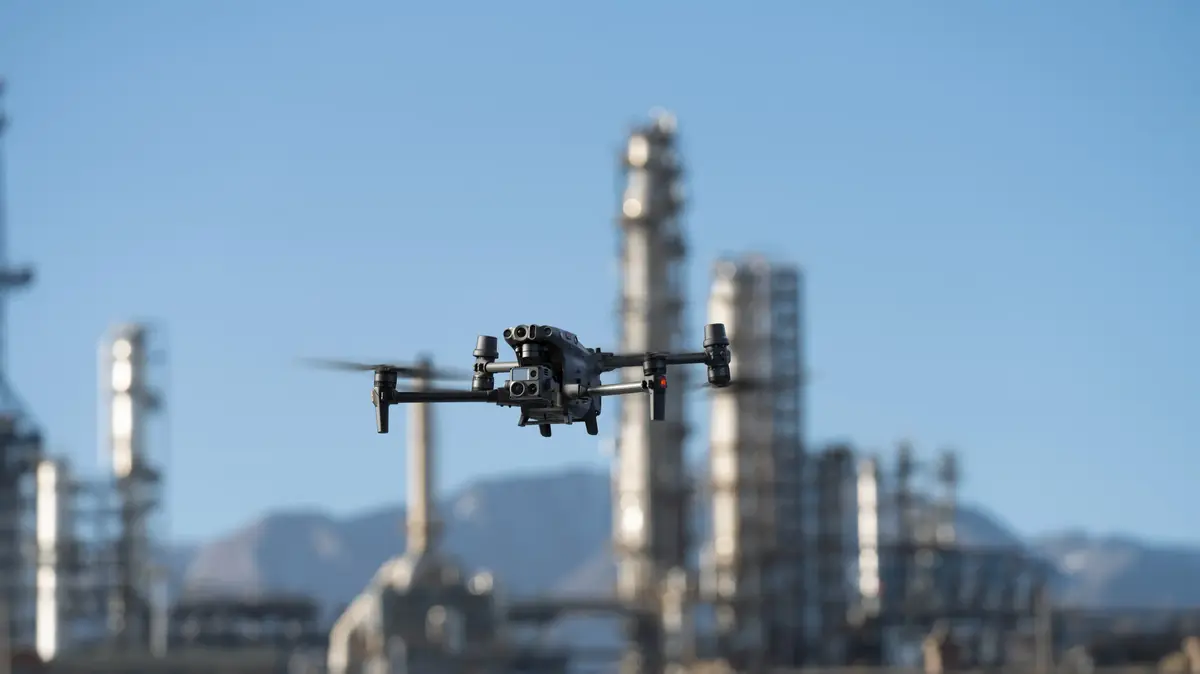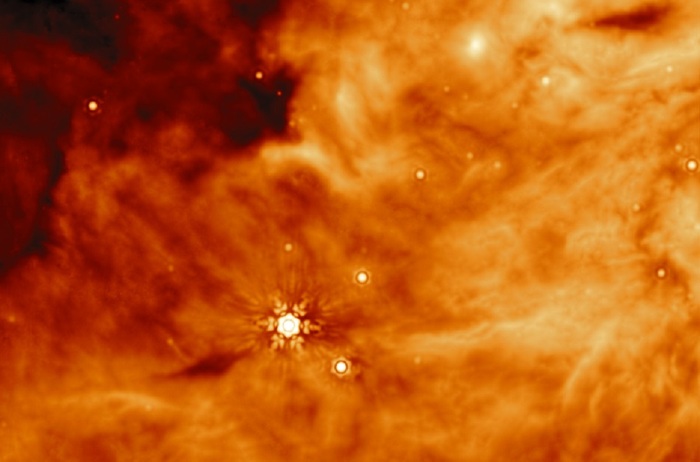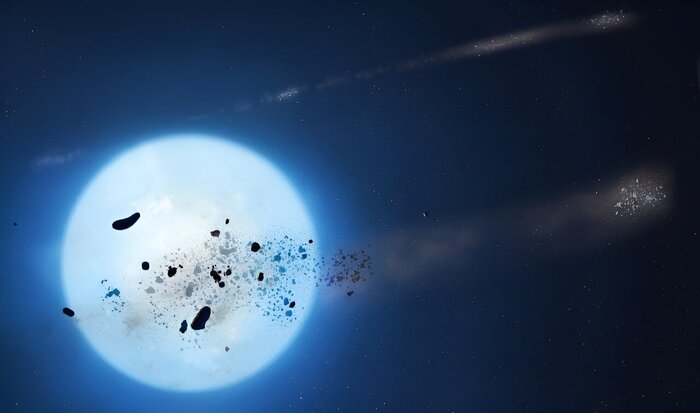The most durable and collision-resistant asteroids are not the monolithic ones, formed by a single block of rock, but those composed of piles of debris: full of cavities inside, they are able to cushion the blows without ever destroying themselves.
This is demonstrated by the analysis of three dust particles collected by the Japanese probe Hayabusa 1 on the surface of the asteroid Itokawa, a real highlander of the solar system 500 meters long and with an estimated age of about 4.2 billion years.
The discovery, useful for refining planetary defense plans, is published in the journal of the American Academy of Sciences (PNAS) by an international team coordinated by Curtin University in Australia.
"Unlike monolithic asteroids, Itokawa is not a single block of rock, but belongs to the 'rubble pile' asteroid family, which means that it is entirely made up of boulders and loose rocks, and almost half of it is empty space," he explains. Fred Jourdan of Curtin University.
“The survival time of Itokawa-sized monolithic asteroids is estimated to be only several hundred thousand years in the asteroid belt. The huge impact that destroyed the 'parent' monolithic asteroid from which Itokawa formed is occurred at least 4.2 billion years ago. Such a surprisingly long survival time for an asteroid the size of Itokawa is attributed to the cushioning nature of the debris pile.
The researchers reached this conclusion after analyzing the Itokawa dust grains with two complementary techniques: the first, called 'electron backscattering diffraction', measures whether a rock has been hit by a meteorite impact, while the second, the so-called argon-argon dating, it makes it possible to date asteroid impacts.
According to study co-author Nick Timms, the extreme longevity of these 'rubble pile' asteroids suggests that they are more abundant than expected in the solar system: consequently, the risk that one of them could threaten the Earth also increases.
"The good news - reassures the expert - is that we can also use this information to our advantage: if an asteroid is detected too late to act on it with a kinetic thrust, we can potentially resort to a more aggressive approach such as using the shock wave from a short-range nuclear explosion to push it off course without destroying it".






/cloudfront-eu-central-1.images.arcpublishing.com/prisa/TQ73US57UFGWTIXR7C3BS2OTIA.jpg)








